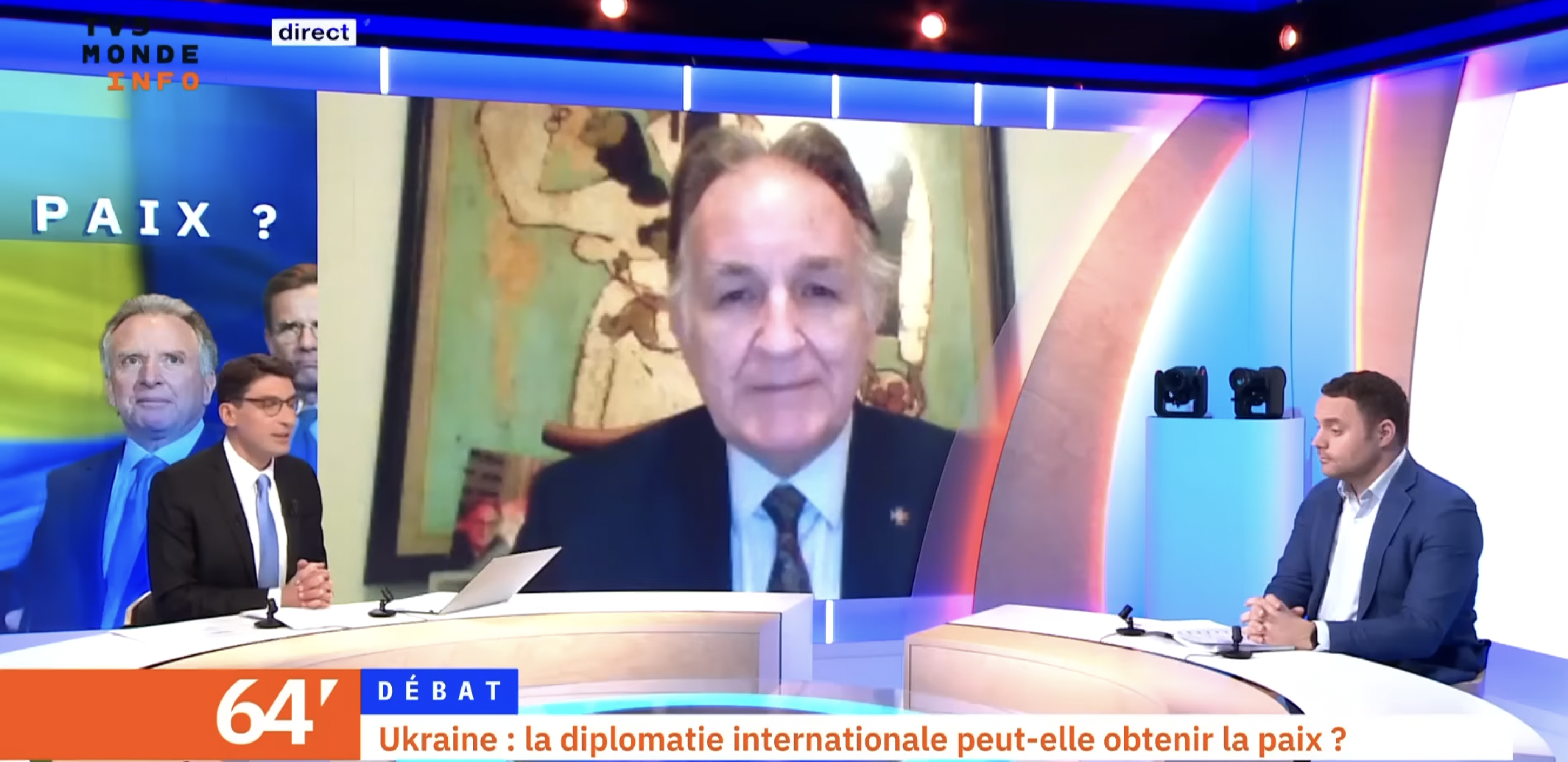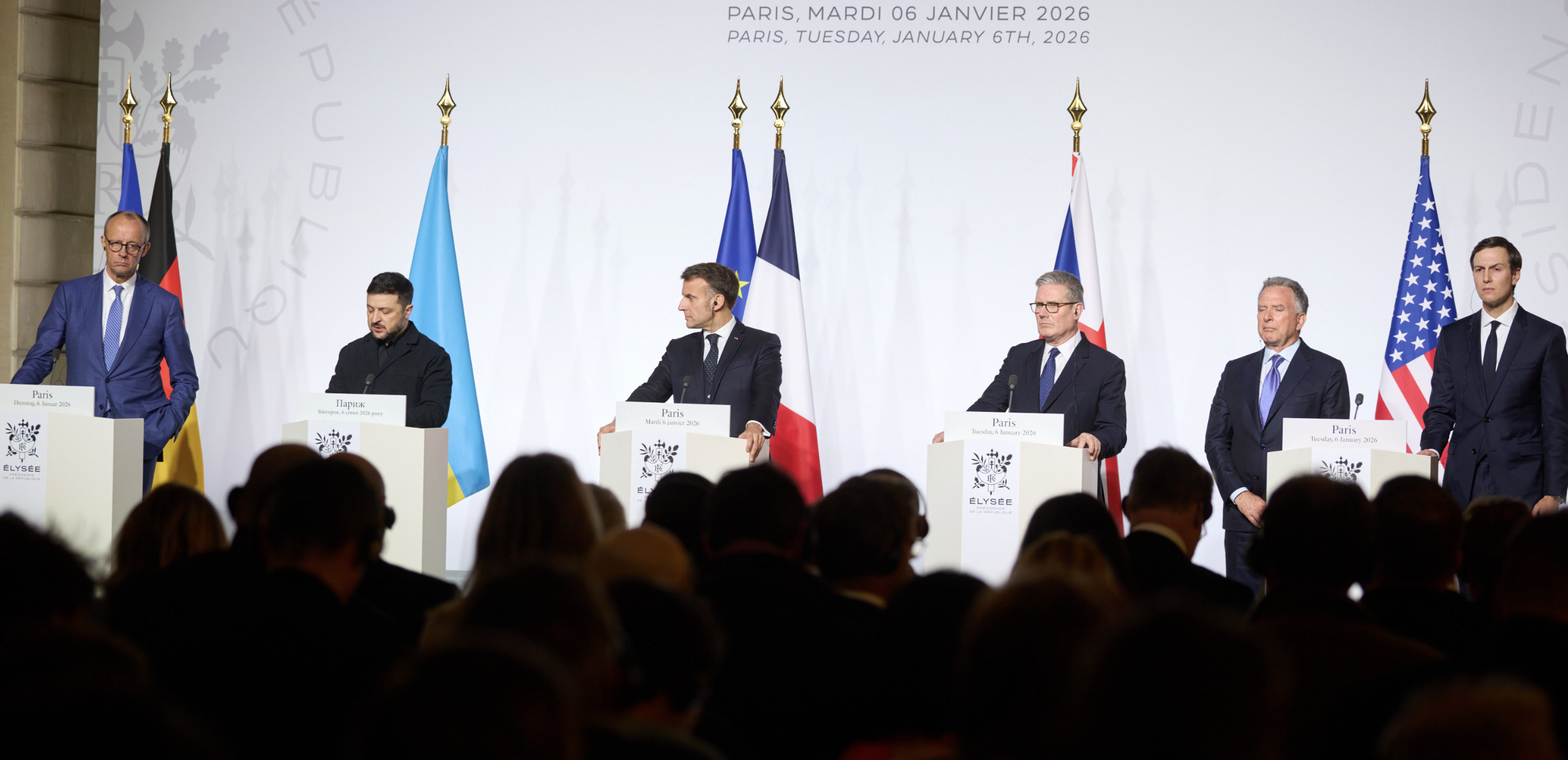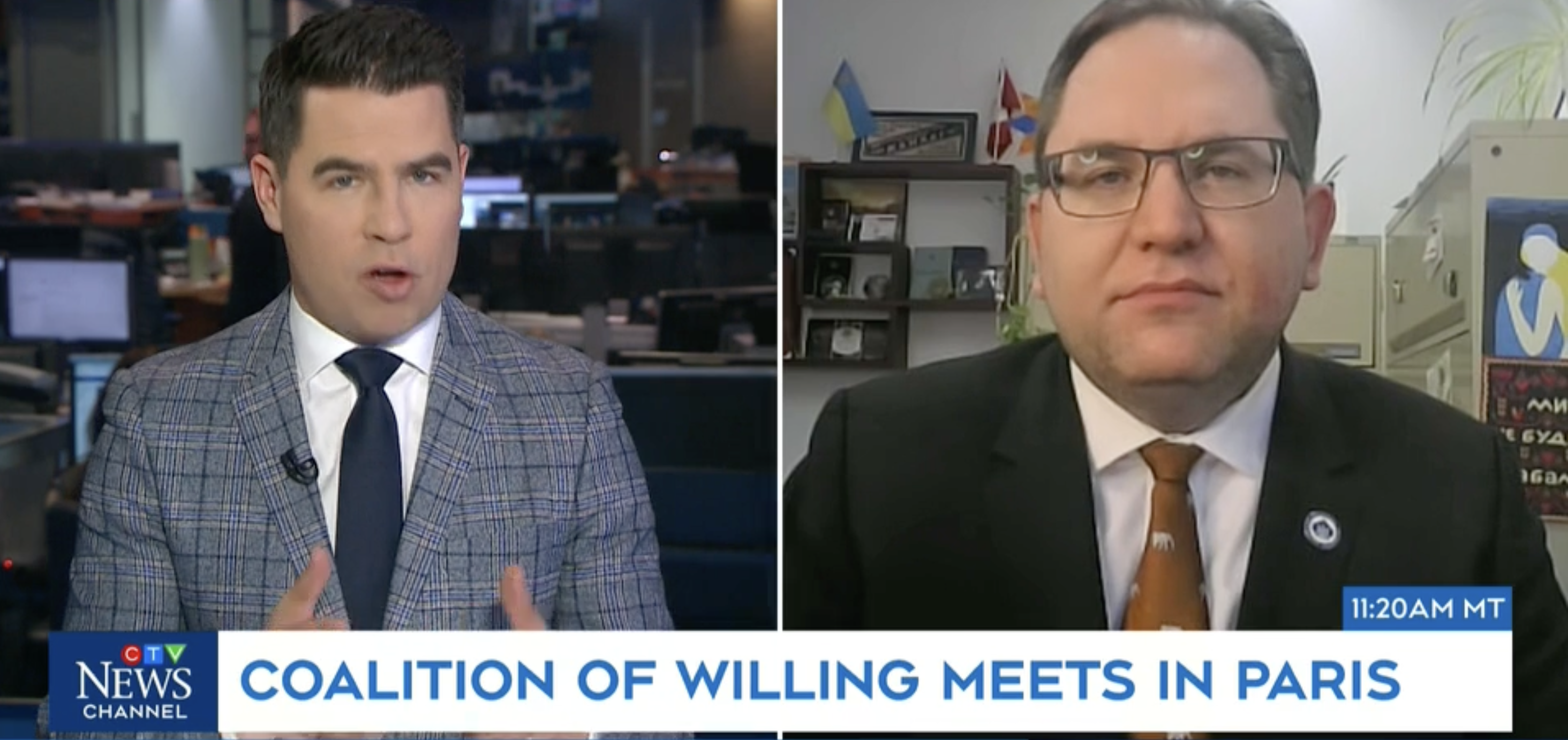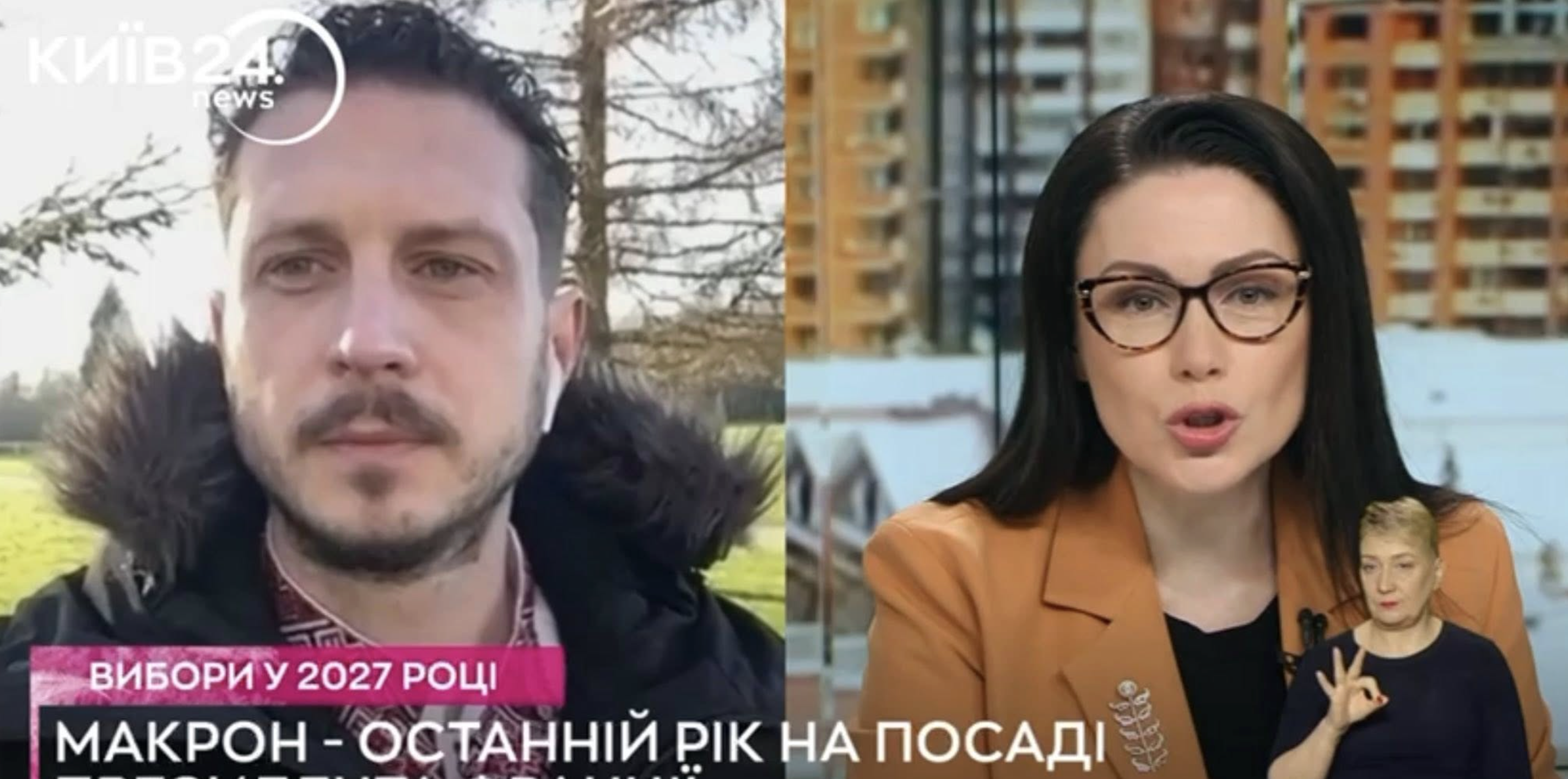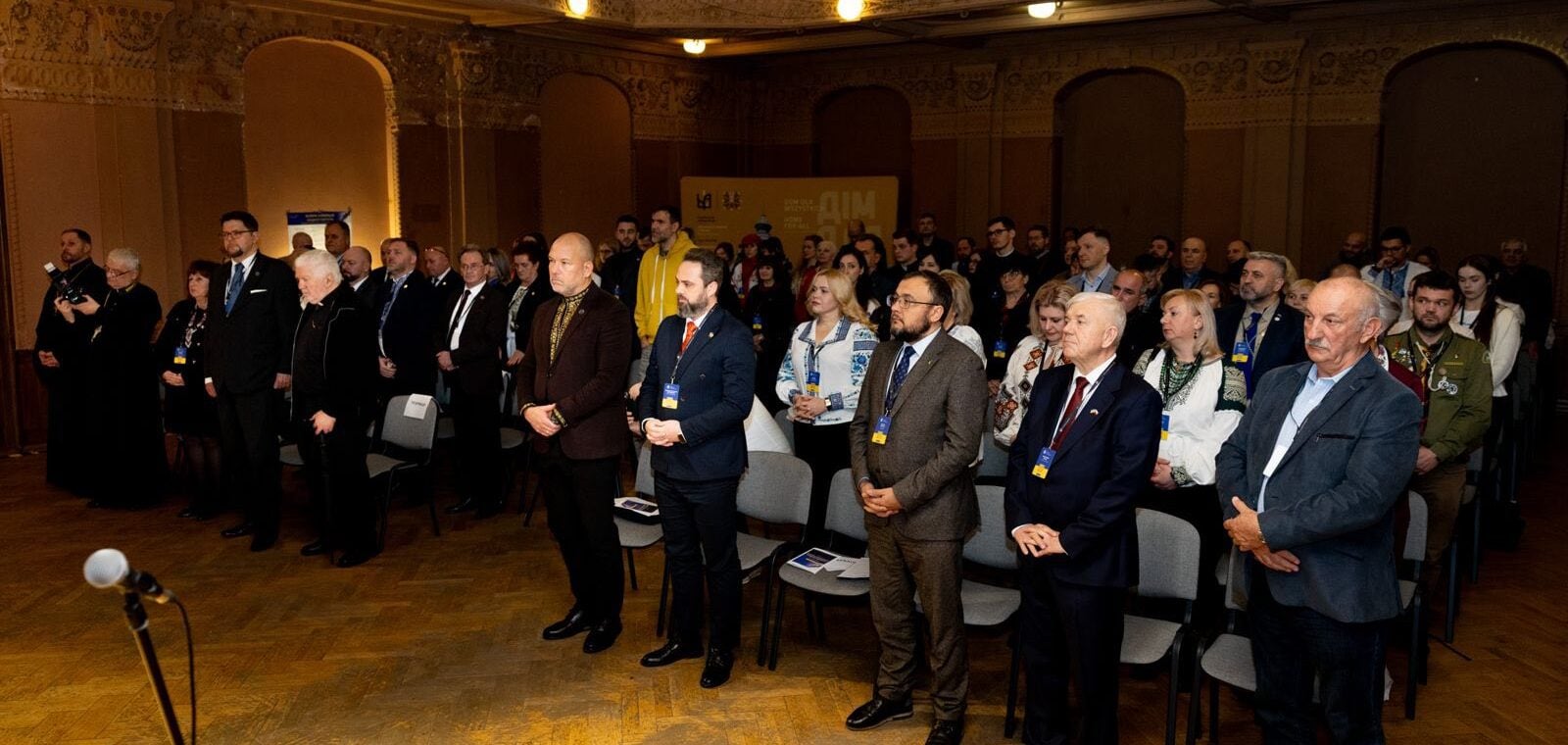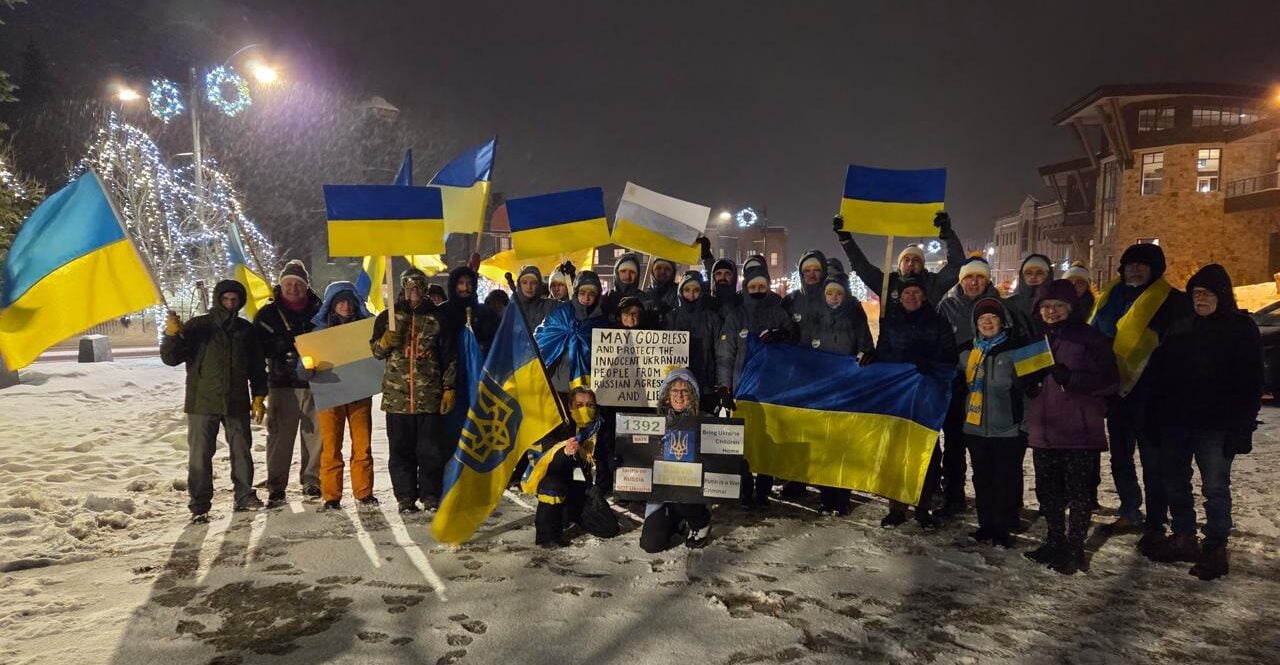
June 1, 2012
PRESS RELEASE
UKRAINIAN WORLD CONGRESS CALLS UPON UKRAINE’S VERKHOVNA RADA
TO IMMEDIATELY END FURTHER DEBATE ON THE ANTI-CONSTITUTIONAL
DRAFT LAW ON PRINCIPLES OF THE STATE LANGUAGE POLICY
The Ukrainian World Congress (UWC) is extremely concerned over the debate on the Draft Law on Principles of the State Language Policy (“Draft Law”), which is scheduled to resume in early June 2012. This Draft Law, authored by Party of Regions representatives Serhiy Kivalov and Vadym Kolesnichenko, is yet another attempt to legalize the status of Russian as a regional language in Ukraine and, on this basis, to allow its official use on a par with, or instead of, the state language at all levels of the government administration of Ukraine, and in education and other spheres of community life.
This Draft Law contradicts:
-
The Constitution of Ukraine, which states that “The State language in Ukraine is the Ukrainian language” (art. 10); and -
The European Charter for Regional or Minority Languages and the Framework Convention for the Protection of National Minorities, which provide that regional languages and the languages of minorities should not be promoted at the expense of the state language.
Considering that throughout several centuries of tsarist and Soviet rule in Ukraine, the Russian language was forcefully introduced into all areas of state and social activity, while the native language of the Ukrainian nation was simultaneously suppressed through brutal pressure and repression, this Draft Law poses a serious threat to the future development of the Ukrainian language and raises doubts about its role as the sole state language of Ukraine.
This Draft Law, and earlier drafts thereof, have been repeatedly criticized by a broad spectrum of the Ukrainian public and prominent international agencies, including the OSCE High Commissioner on National Minorities, Knut Vollebaek, and the European Commission for Democracy Through Law (Venice Commission).
On December 16-17, 2011, the Venice Commission issued the following comments on this Draft Law:
20. […] in spite of the fact that Article 10 of the Constitution only recognizes the Ukrainian language as the State Language, under several articles of the Draft Law the Russian language was provided the same level of protection as the Ukrainian State language. This includes: publication of acts of central state bodies, passports and personal data documents in both languages (art. 14.1); pre-trial investigation, interrogation and prosecutor supervision (art. 16); education in “pre-school, general secondary and out-of-school, vocational and higher educational institutions, according to the citizens’ needs (articles 21.2 and 21.8 to 21.11); study of the State language and the Russian language in all establishments of general secondary schools (art. 21.7); mailings and telegrams (art. 26.2).
21. Thus for different aspects of public administration the Russian language was treated “on a par” with the State language. Although the study of the Ukrainian language was compulsory and had to be ensured, under the draft law it was possible to conduct the entire curriculum from pre‑school to university in Russian. The recognition of linguistic freedom in the media and in the cultural area could moreover, due to market considerations, result in the dominance of the Russian language (§99).
22. As the Venice Commission underlined, it was from the outset clear that the Russian language would most probably meet the 10% threshold for the enhanced protection in many if not most parts of the territory of Ukraine. This implies that for a number of aspects of public life Russian would be used “on a par” with or even instead of the state language (§91).
24. In the Commission’s view, protection of the Russian language and its use as an expression of the identity of members of the Ukrainian society who have freely chosen this linguistic identification was a legitimate aim. The Venice Commission however also highlighted the risk that treating the Russian language on an equal level to that of the Ukrainian language would diminish the integrative force of the Ukrainian language and endanger the role that this language has to play as the sole State language (§98). Moreover, the Commission raised the issue of the conformity of the draft law with Article 10 of the Constitution.
Despite the many serious concerns that have been raised regarding this Draft Law, the first reading took place on May 24, 2012, resulting in severe opposition and increased tension in Ukrainian society.
The UWC reiterates that the Draft Law on Principles of the State Language Policy is a serious threat to Ukrainian as the sole state language in Ukraine and urges the Verkhovna Rada of Ukraine to immediately cease all debate on this Draft Law and remove it from the parliamentary agenda.
The UWC is an international coordinating body for Ukrainian communities in the diaspora representing the interests of over 20 million Ukrainians. The UWC has member organizations in 32 countries and ties with Ukrainians in 14 additional countries. Founded in 1967 as a non-profit corporation, the UWC was recognized in 2003 as a non-governmental organization (NGO) by the United Nations Economic and Social Council with special consultative status.

